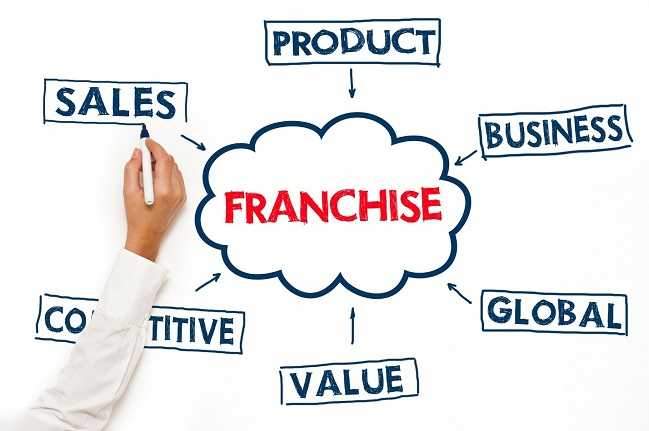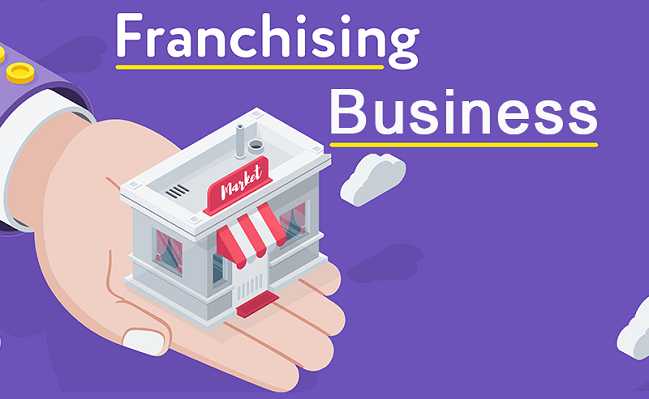Important Facts About Franchise That You Need To Know

Franchising is a popular and common form of marketing and distribution where the operator of a business system (commonly known as franchisor) gives the right to run a business selling a product or providing a service using the franchisor's business system to an individual or group of individuals (the franchisee).
Part of what the Franchisees benefit from this type of business partnership is the permission to use the franchisor's branding, trademarks as well as some identifying marks within certain parameters.
You should note that this form of business has its own rules. One of those rules is that as a franchisee, you must keep in mind that you are bound to a partnership agreement with the franchisor for a set period of time (some exceptions do exist).
What does a typical franchisee look like?
There is no one-size-fits-all image of a franchisee anywhere in the world. One of the best aspects of franchising is that the concept is open to ambitious people of any age, race, gender, financial background, or career path.
According to statistics, the franchise industry is more diverse than ever before.

Some Notable Franchise Terms to Always Remember
- Business Format Franchise – This is a type of franchise that contains not only a product, service, and trademark, it also gives the franchisee access to the entire business method which includes marketing plan and operations manuals.
- Disclosure Statement – The disclosure document, which is also called UFOC, (Uniform Franchise Offering Circular) gives you access to information about the franchisor and franchise system.
- Franchise – a license that describes the franchisor-franchisee relationship, including trademark use, fees, support, and control.
- Franchise Agreement – This is the official legal agreement agreed by the franchisor and franchisee outlining what each party is expected to do
- Franchisee – this is the person or company granted by the franchisor the right to carry out business using the franchisor's trademark or sometimes even the trade name.
- Franchising – This is a form of business expansion that is formed by the acquisition of a trademark license, the payment of fees, and substantial assistance and/or control.
- Franchisor – This is the person or company that gives access to the franchisee to use their trademark or trade name.
- Product distribution franchise – This form of the franchise gives the franchisee access to sell the franchisor’s products with the exception of using the franchisor’s method of conducting business.
- Royalty – this is the regular payment that is made by the franchisee to the franchisor as part of their legal agreement, it is commonly based on a percentage of the franchisee’s gross sales
- Trademark – this is the franchisor’s identifying marks in the market as well as brand name and logo that are licensed to the franchisee.
Some Special differences between a franchisor and a franchisee
The franchisor is usually the owner of the trade-marks and business model which the franchisee wants to use for their business.
Another difference between the two is that the franchisor is responsible for giving access to the franchisee its license to use the trademark and business model. While they get an upfront payment and ongoing royalty payments in exchange.
Finally, the franchisee is the person or corporation partners with a franchisor to run their business using the franchisor's trade-mark and sometimes the business model system.
Some Advantages of Franchising
- Franchising lowers the risk of business failure. Your company is built on a tried-and-true concept. Before making a commitment, research the success of other franchises.
- Products and services will already have a market share. As a result, market testing will be unnecessary.
- Another great advantage in franchising is that you will start making a profit from any advertising or promotion by the franchise's owner.
- The franchisor provides you with assistance, usually in the form of a complete package that includes training, assistance in establishing the business, a manual outlining how to run the business, and ongoing advice.
- There is no need for prior experience because the franchisor's training will ensure the franchisee develops the skills required to operate the franchise.
Notable Disadvantages of Franchising
- For business considering the cost. Sometimes, you may end up costs that may be higher than you initially anticipated.
- In addition to the initial costs of purchasing the franchise, you must pay ongoing management service fees and may be required to purchase products from the franchisor.
- You will also be faced with the franchise agreement which usually includes limitations on how you can operate the business.
- If you plan to make some changes along the line, then It's possible that you won't be able to make those changes, especially when it does not suit your franchisor.
- After a while, you may find that ongoing franchisor monitoring becomes intrusive.
- The franchisor's business may fail.
- Other franchisees may tarnish the brand's reputation, so the recruitment process must be thorough.
Notable Benefits for Franchisees
Building a retail business from the ground up is a daunting and complex task for entrepreneurs in the twenty-first century.
Another benefit for the franchisee is that once the business is up and running, franchisers keep monitoring and guide the franchisee to ensure success.
In most cases, the franchiser might provide intelligent national promotional and advertising campaigns to drive sales.
Author Bio
For over 4 years, Saalim has worked as a branding, digital marketing, and SEO expert. He has been assisting with website design, SEO strategy, content marketing, and user experience improvements. He publishes on a variety of topics and is a contributing writer to a number of high-quality blogs and websites.
Article Comments
No Comments!
At present there are zero comments on this article.
Why not be the first to make a comment?
Similar Articles
Sponsor
Search Articles
Experts Column
Latest Articles
Featured Articles
Most Popular Articles












